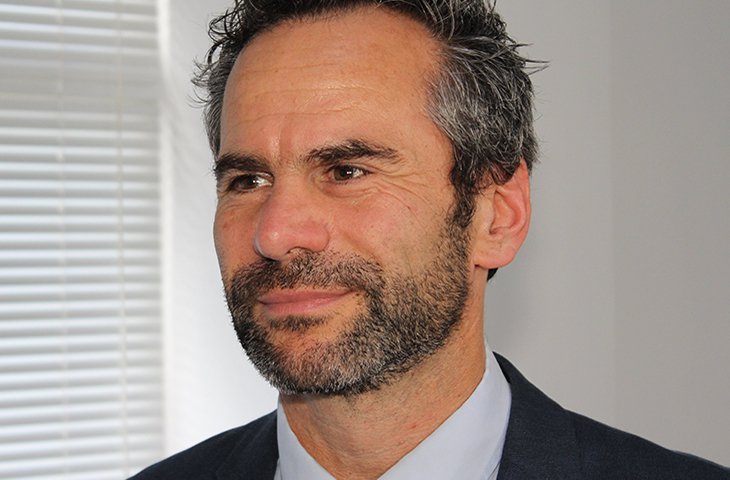New £835,000 study to evaluate benefits of school counselling
- Monday, March 28, 2016
The benefits of professional school-based counsellors in supporting young people experiencing emotional problems will be evaluated through an extensive three year £835,000 study, which will establish a dedicated counselling service in 18 English secondaries.

The research project, due to start in April, will be led by chartered counselling psychologist Professor Mick Cooper from the University of Roehampton in London. It has been majority-funded by the Economic and Social Research Council (ESRC) which is contributing £835,000 to the cost.
Professor Cooper explained the details of the study during a public lecture entitled ‘Counselling in UK secondary schools, what we know, what we’re doing and what we need to find out.’
Speaking beforehand, he said: “Young people in the UK deserve the very best care for their mental health, and this study will help us understand what that is. There are a number of possible ways that we might support young people to tackle mental health problems. This study will help us understand the contribution that school-based counselling can make, its cost-effectiveness, and the ways in which we might be able to improve it.”
School counselling under the spotlight:
- January 5, 2016: Department for Education Mental Health Champion, Natasha Devon calls for a counsellor in every school.
- January 6 2016: Children’s Commissioner for England Anne Longfield supports a study into school counselling.
- March 25 2015: The Government’s own advice into young people’s mental health announced a ‘strong expectation that all schools should make counselling services available’.
The Roehampton-led study will see free counselling services established in schools, staffed by qualified counsellors experienced in dealing with issues faced by young people. School staff will help to identify pupils who are experiencing emotional distress and want to take part in the research. From this group, half of the pupils will receive up to 10 weeks of counselling, and half will receive the school’s existing support provision.
By comparing improvement between these two groups, the study will test whether a dedicated service can help to reduce pupils’ emotional distress. The trial will also review the costs and benefits of providing services.
More than 300 pupils aged 13-16 will take part. After six weeks, three months and six months, participants will be interviewed to ascertain whether they are experiencing less psychological distress than those who used a school’s existing support provision. Those who participated in counselling will also be asked about how it might have helped them.
Outcomes in educational performance will also be assessed to determine whether or not counselling helps improve work standards.
Participating schools will receive a professional school-based counselling service at no cost for two years. If your school is interested, contact Peter Pearce at the Metanoia Institute.
The study involves researchers from the universities of Sheffield and Manchester, the London School of Economics, University College London, the British Association for Counselling and Psychotherapy, the Metanoia Institute and the National Children’s Bureau Research Centre. The study will be supported by the Manchester-based Clinical Trials Unit.
